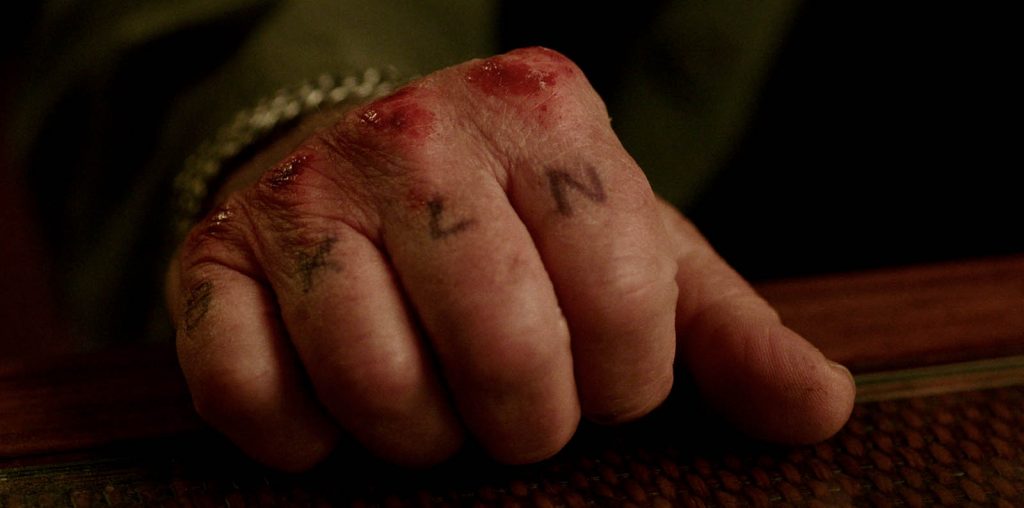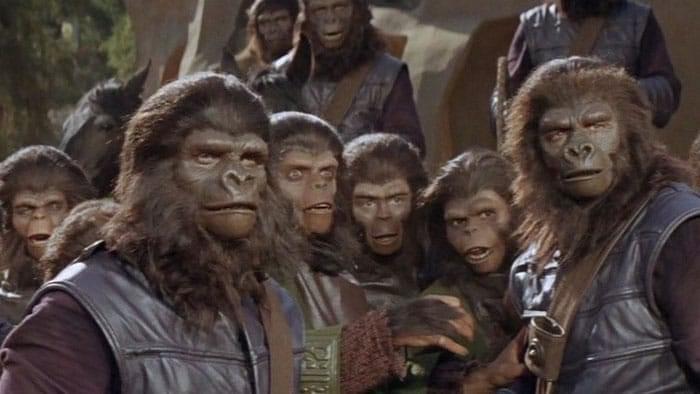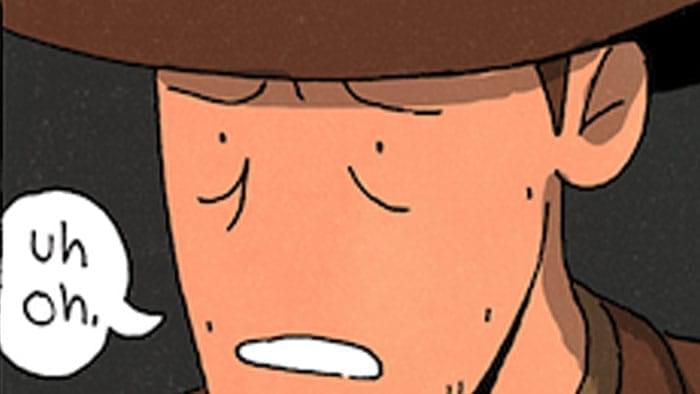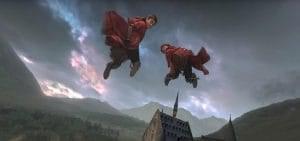
It’s rare nowadays that a great book will achieve truly iconic status alone. Betway Casino took a look at the highest grossing book-to-film adaptations. Modern society is such that the book industry is increasingly difficult to crack, with a 90-minute watch generally preferred to a 400-page read.
But that is not to say that the relationship between the two is non-existent. The James Bond character, for example – considered most likely to be played next by Rege-Jean Page in the latest online casino betting – was created by novelist Ian Fleming before new film sequels of their own were made.
Film adaptations of the great written stories are mutually beneficial to both industries, with movie writers able to lean on books, whose legacies are in turn kept alive by their on-screen versions. Indeed, it is the most popular book series that lend themselves to the most successful film adaptations.
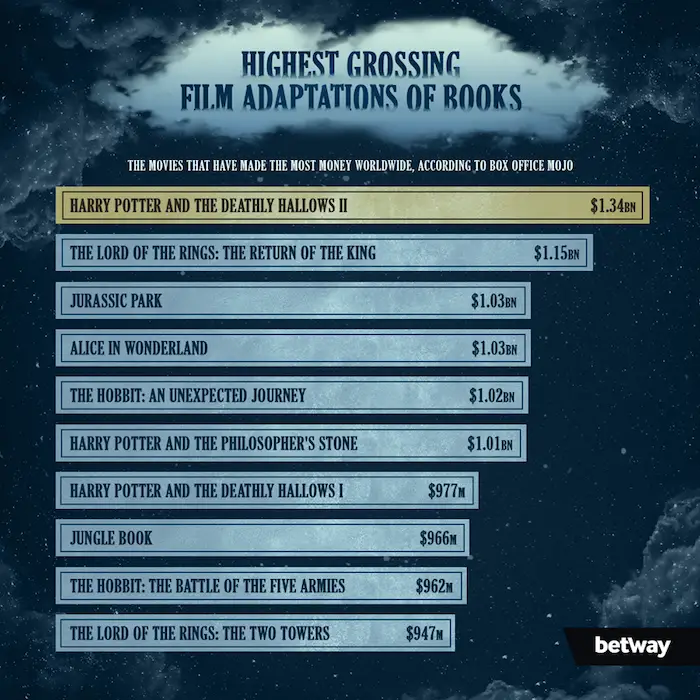
Harry Potter, Lord of the Rings, Alice in Wonderland and The Hobbit were already iconic books, or book series, before they were remade as movies, and all feature heavily among the top 10 grossing film adaptations of books in history.
The power of a series is evident here, too. Harry Potter and Lord of the Rings are seven- and three-book series, while The Hobbit is one novel adapted into three films. The quantity builds the popularity of the franchise, with the audience and hype increasing with each release.
There was, for example, no realistic chance that the Harry Potter and the Deathly Hallows Part II film was going to flop after seven books and seven films had built the hysteria around the series to astronomical levels.
This is reinforced by IMDB ratings, which suggest that the most successful book-to-film adaptations in financial terms are not necessarily the best films critically.
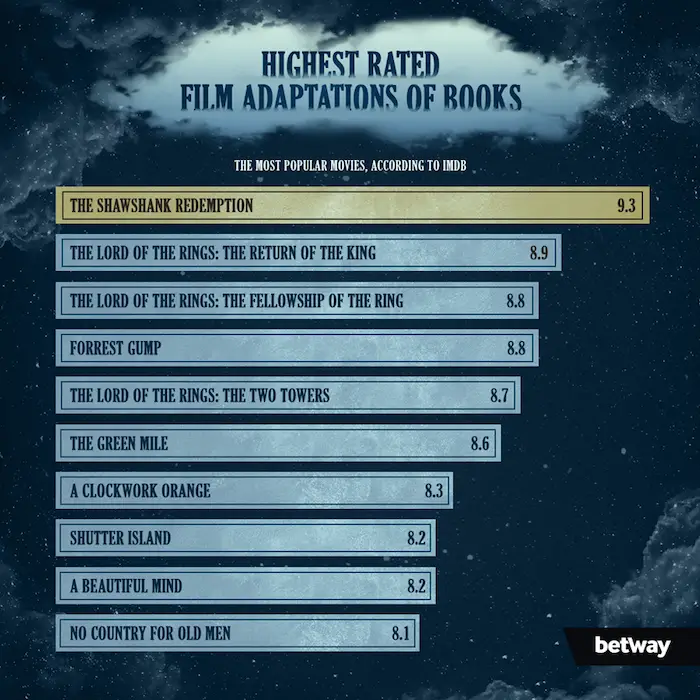
Of the top-10 highest grossing movies based on books, only two are rated among the top 10 on IMDB.
Of the 10 most popular films on IMDB, seven are standalone releases. They are obviously hugely successful movies, but none grossed as highly as those franchise films that gained universal global appeal.
None of the Harry Potter films feature in the top 10 best-rated film adaptations, but three of them are among the top seven most lucrative.
Comparing the Harry Potter ratings on Goodreads and IMDB also suggest that it was the quality of the book series that inspired the films to become some of the biggest in history.
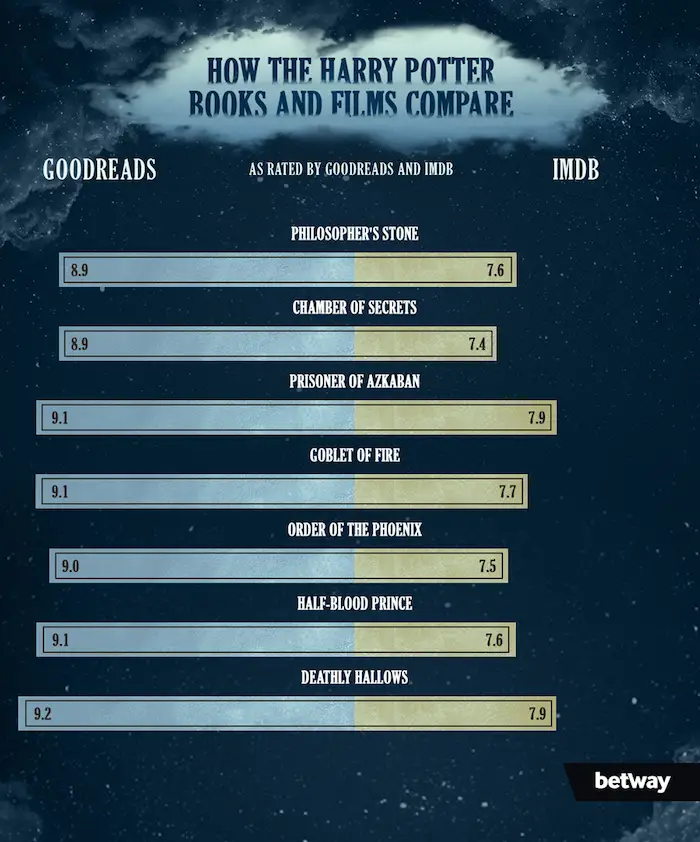
Though the ratings system on Goodreads may lend itself to more generous scores, it is striking that every single rating is higher than any of the films.
That theme, of the most popular and iconic book series resulting in the most financially-successful films, is also evident in general.
Six of the seven standalone releases in the top 10 IMDB film adaptations were rated higher by IMDB than Goodreads – the film was considered critically better than the book, and did not gross as highly as films made from higher-rated books.
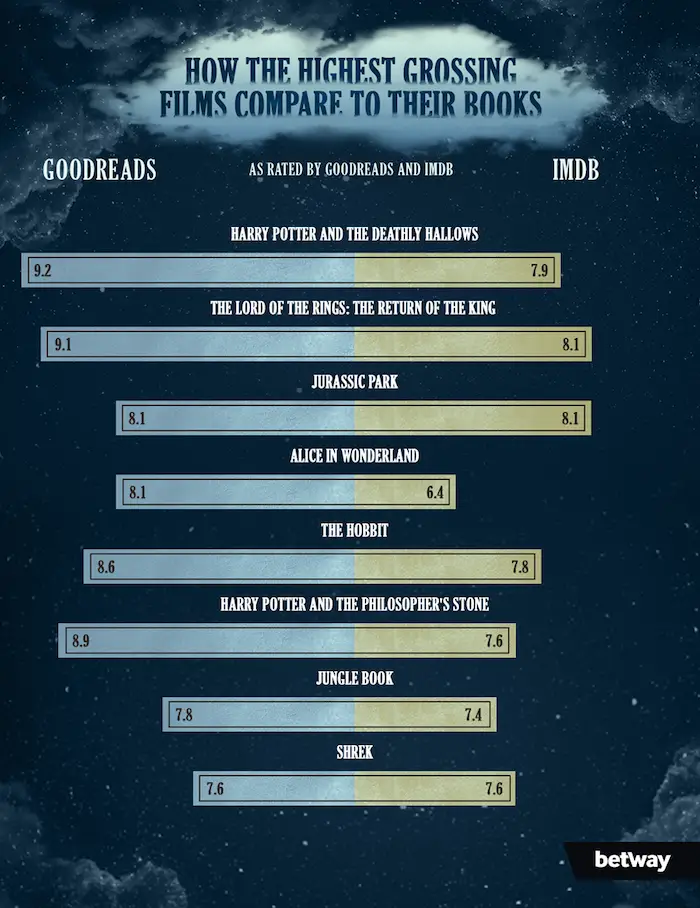
Of the top 10 highest-grossing book-to-film adaptions, none of the films are rated higher than the books, with the Harry Potter novels, and Alice in Wonderland and The Hobbit books, noticeably more popular.
The trend is clear.
While films may now be far more popular and mainstream than books, it is an iconic book series that is most likely to ensure that the movie remakes are a financial hit.
When placed together, Harry Potter and Lord of the Rings are the best examples of how successful a book-film franchise can be.
